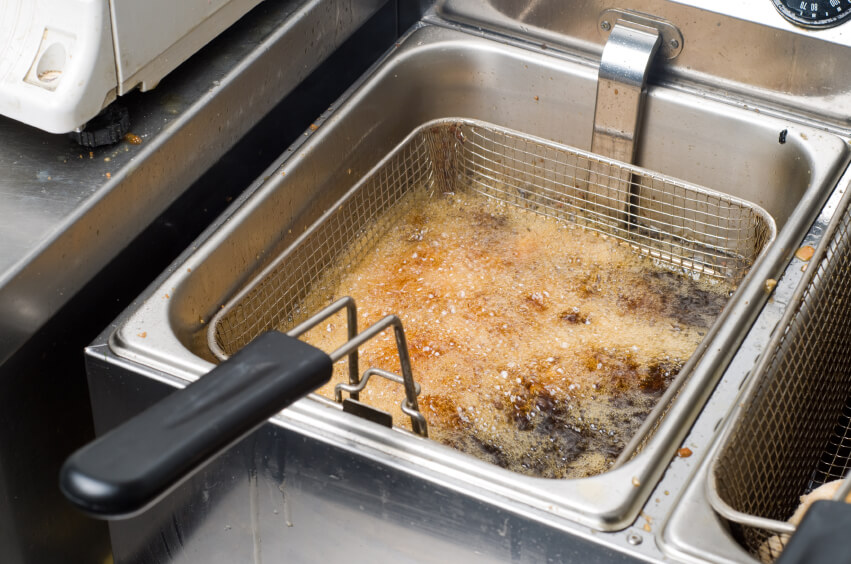
Before placing a slice of bacon or cracking eggs onto the skillet, one must always pour some cooking oil into the pan. However, once it becomes cleanup time, consumers are faced with a common double bind: One can either pour the excess oil down the drain or scrap the remainder in the trash. Either way, consumers are negatively affecting the environment without giving their actions a second thought.
Blue Ridge Biofuels operates a residential
recycling pilot program for inhabitants of
Asheville, NC, and the western reaches of the state by encouraging them to dispose of their excess cooking oil in various bin locations. In addition, Blue Ridge offers collection services to more than 500 restaurants and kitchens in the area. This one-of-a-kind program provides recycling services for local communities that were once thought to be unheard of.
Instead of wasting or dumping used cooking oil down the drain, Blue Ridge is educating consumers to dispose of these materials the proper way. What many consumers do not know is the adverse effects cooking oil has on sewer systems. Cooking oil that is not disposed of properly can potentially block pipes and affect water quality. Fixing these issues can cost communities thousands of dollars in sewer repairs.
To give consumers tips on
how to recycle their used cooking oil, Blue Ridge offers cooking oil safety tips and answers other questions or concerns on its official website. Although one could seal the oil or grease and throw the product away, Blue Ridge views this as one more item being thrown into overcrowded landfills.
The recycled cooking oil is collected by vacuum trucks and processed into clean-burning biodiesel fuel. Biodiesel fuel is versatile in its uses, from powering any diesel engine to heating furnaces.
According to Blue Ridge, the production of biodiesel is better for the environment than traditional diesel, as it produces much lower greenhouse gas emissions. In addition, the production of biodiesel is more beneficial for the environment for while keeping money and valuable resources in the local economy. Biodiesel even offers better performance and extends the life of engines and machine equipment. Using less energy and reducing air pollution, biodiesel fuels are an overall better choice for consumers.
Although this product could be shipped and used for animal feed and cheap cosmetics, Blue Ridge is working diligently toward using this resource as raw material for biodiesel production. Biodiesel is a rising commodity in the marketplace, as it is more cost effective than using soybean oil. Blue Ridge is even competitive in price with petroleum diesel and its product is compatible with current diesel engines.
Blue Ridge’s cooking oil recycling program is a small part in the organization’s strategic plan for biofuels leadership goal. By 2017, Blue Ridge hopes to distribute 10% of liquid fuels sold in the state of North Carolina. This company is at the forefront of the global push for sustainable resources and healthier communities.

